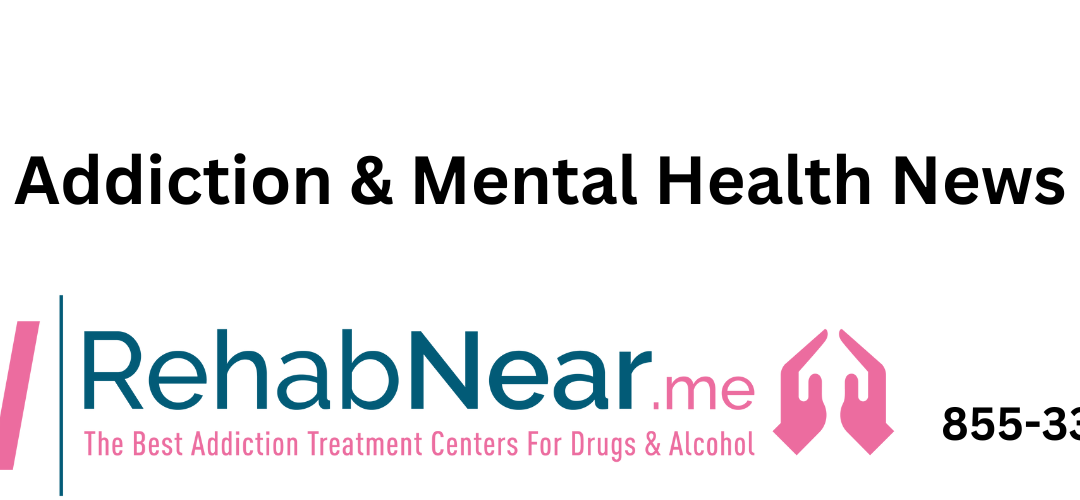In a recent study published in Science Advances, researchers tested the effects of cognitive-behavioral therapy components on cognitive mechanisms.
Psychotherapy programs are complex, multicomponent interventions that can effectively treat common mental health problems. However, there is a lack of understanding about how the different components of these programs work.
Gaining insights into these programs is vital as delineating mechanisms can help achieve mental health research goals, such as improved efficacy, engagement, and treatment personalization.
In the present study, researchers investigated the mechanisms by which specific components of cognitive and behavioral therapies work. First, each set of measures and tasks underwent analytic and design optimizations.
Next, various studies were performed to test whether interventions derived from distinct components of cognitive restructuring and behavioral activation therapies impact their proposed mechanisms.








